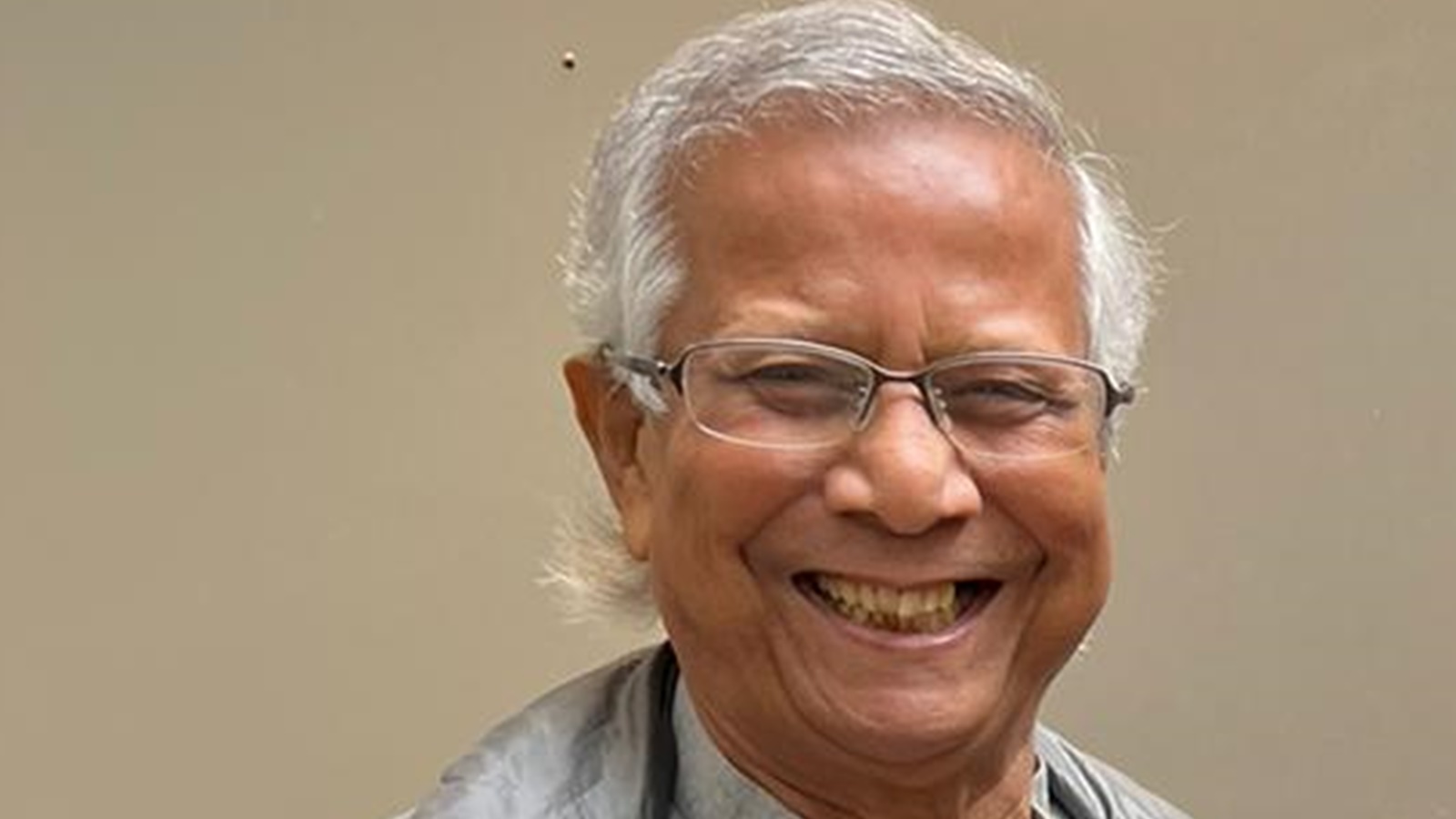In a significant development for Bangladesh, Nobel Laureate Muhammad Yunus has been appointed to lead the country’s interim government. This decision marks a pivotal moment in Bangladesh’s political landscape and promises a fresh approach to governance.
A Respected Leader Takes the Helm
Muhammad Yunus, renowned for his pioneering work in microfinance and social entrepreneurship, has been chosen to head the interim government. Yunus, who won the Nobel Peace Prize in 2006 for his innovative work with the Grameen Bank, is celebrated for his dedication to social causes and poverty alleviation. His appointment signals a departure from traditional political figures and introduces a new era of leadership focused on social equity and sustainable development.
The Context of the Appointment
The interim government’s formation comes at a crucial time for Bangladesh, as the country faces various political and economic challenges. Yunus’s leadership is expected to bring a fresh perspective and innovative solutions to address these issues. His background in social entrepreneurship and commitment to grassroots development align with the goals of fostering inclusive growth and addressing systemic problems in the country.
What to Expect
As Yunus steps into this role, several key areas are anticipated to receive focus. His expertise in microfinance and community development may drive policies aimed at enhancing economic opportunities for underserved populations. Additionally, his emphasis on social entrepreneurship could inspire new initiatives to tackle pressing issues such as education, healthcare, and environmental sustainability.
The Road Ahead
The appointment of Muhammad Yunus as the head of the interim government is a historic development that could redefine Bangladesh’s approach to governance. As the country navigates this transition, Yunus’s leadership will be closely watched for its impact on both the political and socio-economic landscape. His ability to translate his vision into actionable policies will be crucial in shaping the future trajectory of Bangladesh.
Conclusion
Muhammad Yunus’s leadership of the interim government represents a bold step toward integrating social innovation into the heart of Bangladesh’s political framework. As the country embarks on this new chapter, the world watches with anticipation to see how Yunus’s unique approach will influence the nation’s progress and development.












